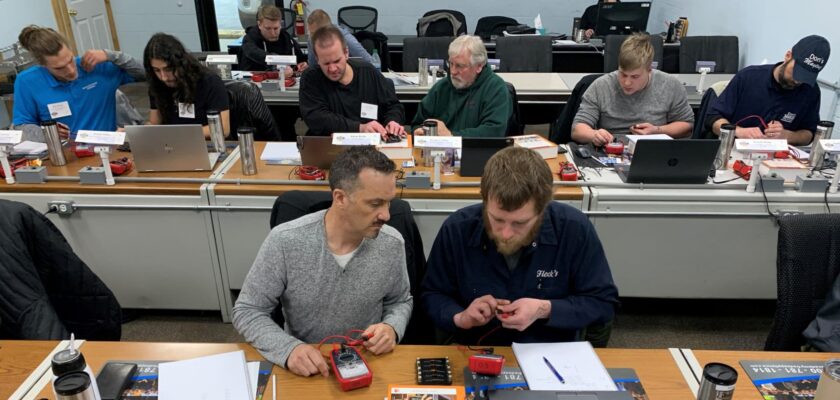The appliance repair industry is a vital part of modern society. As our reliance on technology and home appliances increases, so does the need for skilled technicians who can maintain and repair these essential devices. Becoming an appliance repair mechanic is a rewarding career choice, providing job security and opportunities for advancement. Here is a guide on how to become a skilled technician in the appliance repair industry.
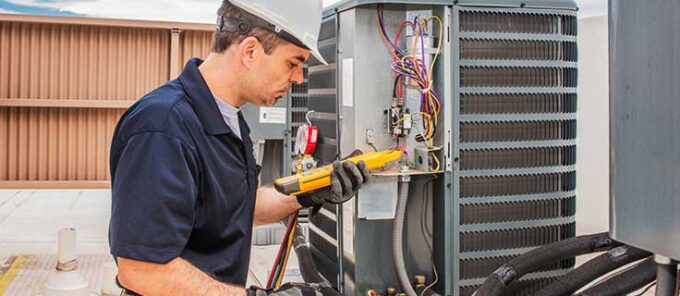
Education and Training
To become an appliance repair technician, a high school diploma or equivalent is typically required. From there, several paths can lead to a successful career in this industry.
High School Diploma or Equivalent
A high school diploma or equivalent is typically required to become an appliance repair technician. High school courses in mathematics, physics, and electronics provide a strong foundation for students interested in pursuing a career in device repair. In addition, good communication skills and problem-solving abilities are essential for success in this industry.
Technical School Programs
Technical school programs offer courses in appliance repair training and technology, providing a strong foundation in electrical and mechanical systems. These programs typically last six months to two years, depending on the program’s focus and intensity. Students who complete a specialized school program will have a better understanding of how devices work and how to repair them, making them more desirable candidates for employment.
Apprenticeships
Apprenticeships allow individuals to learn hands-on while working with experienced professionals. Apprenticeships typically last between one and two years, and apprentices are paid for their work. This on-the-job training allows apprentices to learn while working, gaining practical experience and knowledge of the industry. Many apprenticeships also include classroom instruction, providing a well-rounded education.
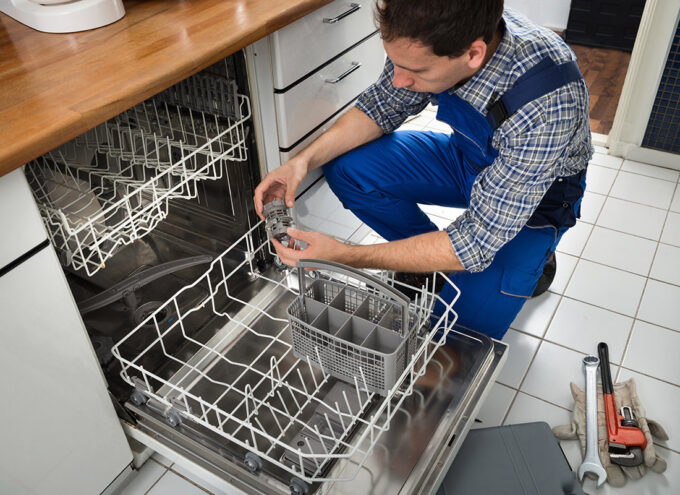
Certifications
Certifications in specific areas of instrument repair demonstrate expertise and knowledge and can lead to higher salaries and job opportunities. Several organizations offer certifications in specific areas of device repair, such as refrigeration, heating and cooling, and electronics. These certifications typically require passing an exam, demonstrating a certain level of knowledge and expertise in the specific area.
Skills and Qualifications
Attention to detail is crucial for a device repair mechanic. They must be able to diagnose and fix problems accurately and efficiently. Good communication skills are essential, as machinists must communicate with clients about rehabilitation and specialized details. Time management is also important, as mechanics must complete rehabilitation within a reasonable time frame. Mechanical and electrical knowledge is necessary to understand how machines work and how to fix them. Problem-solving abilities are a must for identifying and fixing complex issues.
Tools and Equipment
Appliance rehabilitation machinists require a variety of tools and equipment to diagnose and repair apparatuses. A repairperson tool kit typically includes basic hand tools like screwdrivers, pliers, and wrenches, as well as more specialized tools like multimeters, amp meters, and refrigerant recovery systems. In addition, mechanics must have an understanding of electronic and mechanical components and safety precautions when working with electrical components and hazardous materials.
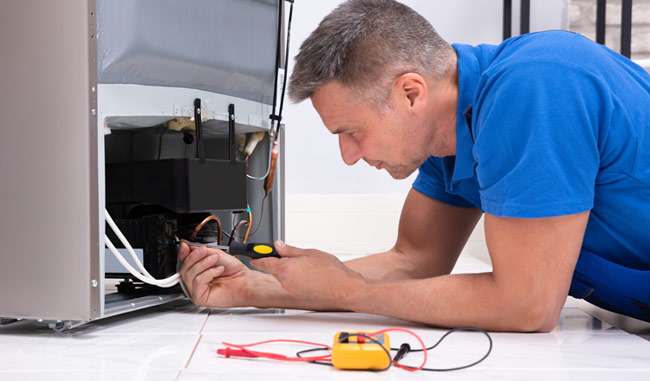
Source: alphaapplianceservices.ca
Overview of Necessary Tools
Basic hand tools like screwdrivers, pliers, and wrenches are essential for restoring machines. Technicians must also have a set of metric and standard sockets and ratchets to remove and install bolts and nuts on trainees. Nut drivers, hex keys, and torx drivers are also necessary for specific tasks. Additionally, a mechanic tool kit must include wire cutters, wire strippers, and crimpers to work on electrical components.
Understanding of Electronic and Mechanical Components
Appliances use complex electronic and mechanical components, so mechanics must have a thorough understanding of these systems to diagnose and repair machines. Knowledge of how to read schematics and wiring diagrams is essential, as is an understanding of how apparatuses are designed and constructed. Mechanics must also be familiar with different types of motors, heating elements, and compressors commonly found in instruments.
Safety Precautions
Working with appliances involves risks, including exposure to hazardous materials and electrical shock. Machinists must take safety precautions to protect themselves and the people around them. This includes wearing protective gear like gloves and goggles, turning off the appliance and unplugging it from the power source, and safely disposing of hazardous materials.
Specializations
There are several areas of specialization within the appliance restoration industry. Refrigeration and air conditioning restoration involves fixing refrigerators, freezers, and air conditioning units. Major appliance repair includes fixing washers, dryers, ovens, and dishwashers. Small appliance restoration includes repairing toasters, coffee makers, and other small household appliances. Specializing in a specific area can lead to higher salaries and more job opportunities.

Job Outlook and Salary
The job outlook for appliance restoration technicians is positive, with an expected growth rate of 4% from 2022 to 2032, according to the Bureau of Labor Statistics. This growth rate is on par with the average growth rate for all occupations. The need for skilled technicians is expected to increase as the use of devices continues to rise and technological advancements lead to more complex systems.
Average Salary for Appliance Repair Technicians
The average salary for appliance repair technicians is $44,630 per year, according to the Bureau of Labor Statistics. However, salaries vary based on experience, location, and specialization. Technicians with more experience and specialized skills can earn higher salaries. In addition, technicians who work for device rehabilitation businesses or dealerships often earn higher salaries than those who are self-employed.
Job Growth Projections
The growth rate for apparatus restoration technicians is driven by several factors, including the need for rehabilitation due to wear and tear, technological advancements, and new appliances entering the market. The increasing demand for energy-efficient devices also creates opportunities for technicians to upgrade or retrofit existing appliances. As more people choose to repair rather than replace appliances, the demand for skilled technicians will continue to grow.
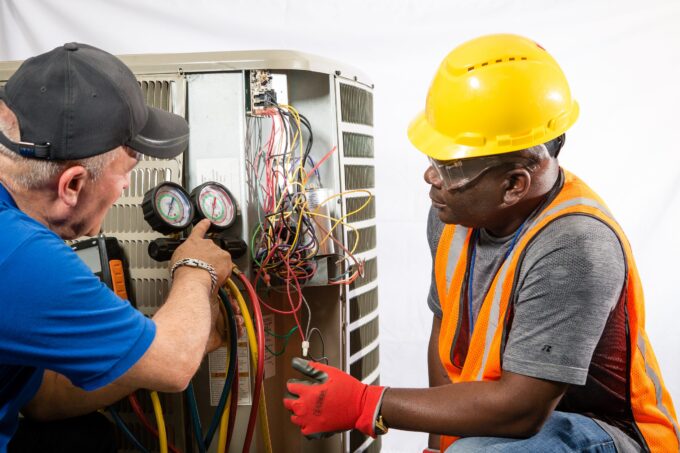
Conclusion
Becoming an appliance repair technician is an excellent career choice for those who enjoy problem-solving and working with technology. The industry provides job security and opportunities for advancement. By obtaining the necessary education and training, developing essential skills and qualifications, and specializing in a specific area, individuals can become skilled technicians in the appliance repair industry.

